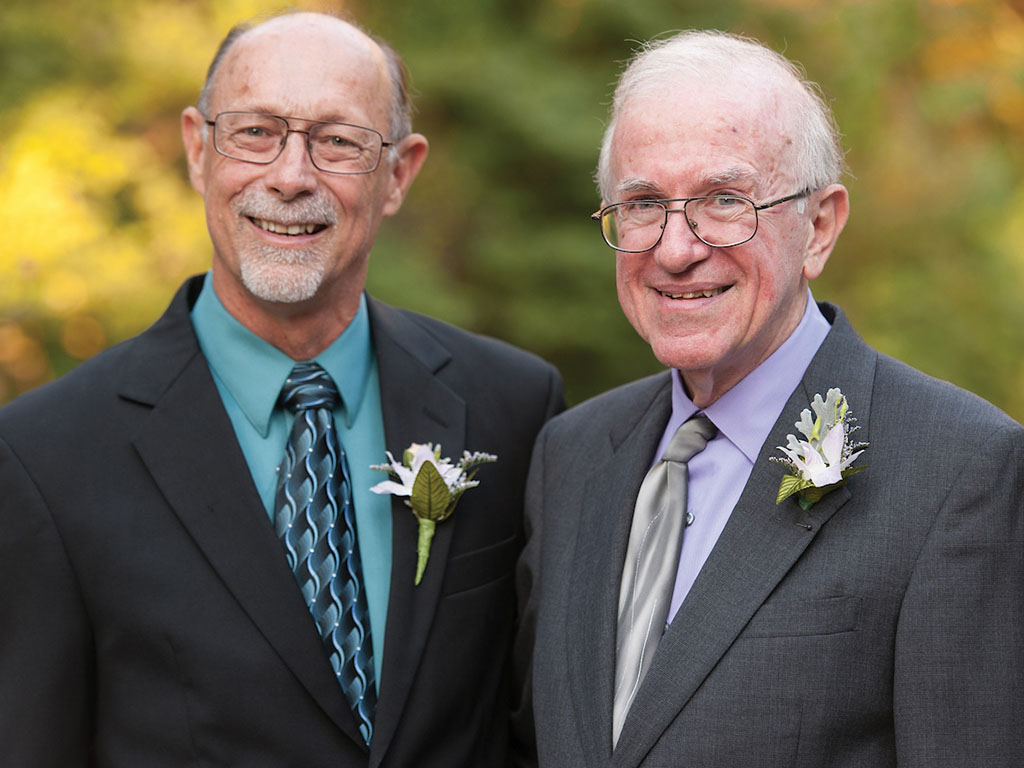Understanding the long-term effects of cancer treatment
Testicular cancer is a highly curable disease, but we still have unanswered questions about long-term effects of the most common treatment: a platinum-based chemotherapy drug called cisplatin.
The Platinum Study aims to identify genetic variants associated with cisplatin-related toxicities, focusing on testicular cancer survivors—an ideal group for these specific research questions, given their young age at diagnosis, curability and relative uniformity of cancer treatment.





